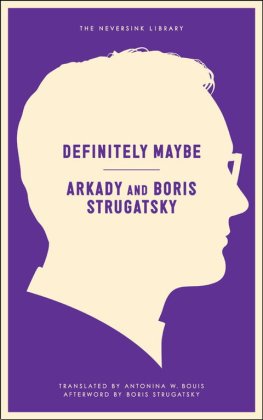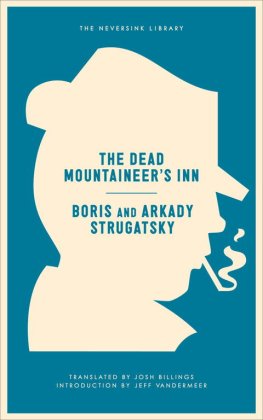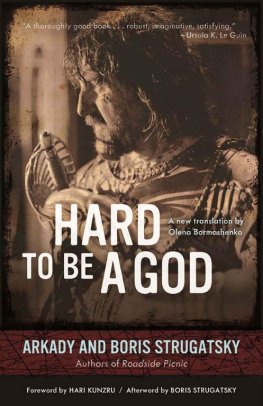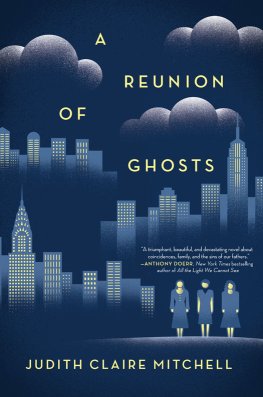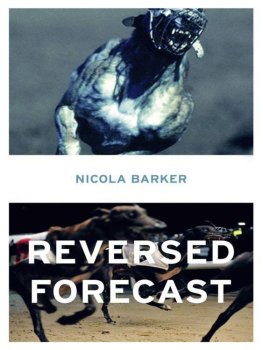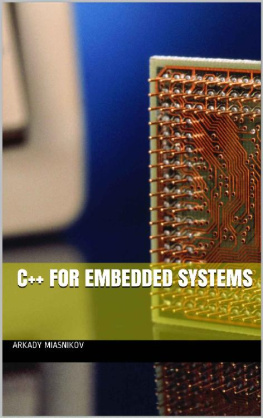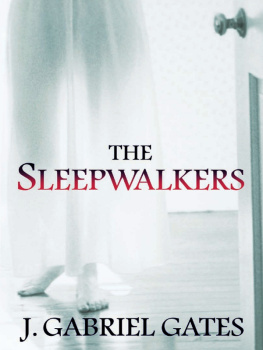For my mother, Lila, who taught me what matters and what does not

The truth was obscure, too profound and too pure,
To live it you have to explode.
BOB DYLAN, Where Are You Tonight? (Journey Through Dark Heat)
He was relieved to be again among the Russians. Nothing to do with his head, or even his heart, but in his soul: some kind of internal alignment or tessellation. He looked up at the clock on the wall above the brown lift doors. Hed lost two hours with the delays. But the London panic had given way to cool urgency, a calculating haste. There would be the visa and passport queues. There would be the usual wrangle with the taxi driverunless he agreed up front to pay the tourist price. And then there would be traffic on Moskovsky An hour and a quarter and he should be there.
The doors opened. The other Europeans and the Americans hesitated. He pushed his way inside with the Russians and a Finnish businessman with a tatty attach. Everyone was already smoking. He squashed up and breathed it in: the flavor of the tobaccomore aromatic, smokier. An old woman swathed in a heavy black shawl with her hair tied up in a scalp-tightening white bun began shouldering her myriad straps, grasping numberless bags, grimly determined to be the first out.
But he was quicker. He walked swiftly across the vast immigration hallthe high two-tone walls, light Soviet tan at the base and dark Soviet mahogany at the top. There were only two queues for nonresidents. He had hoped for three or four. The first was shorter but comprised disorderly families and excited tourists; the second was mainly businessmen, money people. Follow the money. Money, after all, had won.
He put down his bag. These last few miles always seemed such an incremental agony, especially when the previous thousand he had scorched across the curve of the Earth. And now the candor that he had been evading for the past thirty-six hours finally ambushed him: okay, yes, it was true, this call had been different. Much worse. Something was really wrong. Something serious. Otherwise why would he have gone straight to the airport this morning and taken the first flight via Hel-bloody-sinki?
The slab-faced man in the booth looked up from the pages of the passport and met his eyes through the bulletproof glass.
Your name?
Gabriel Glover.
How old are you?
Thirty-two.
There was a long scrutinizing pause, as if the official were formulating a difficult third question, something beginning with why. Gabriel straightened up, consciously pulling his shoulders back, as both Lina and Connie reminded him to doone thing at least they had in commonand stood with proper posture at his full five-eleven. He was dressed half scruffily, in cheap jeans and scuffed boots, and half elegantly, in a dark tailored pure wool suit jacket and fine white shirtas though he had not been able to make up his mind about who he really was or which side he was on when he set out. He had the figure of someone thin through restlessness, through exercise of the mind rather than of the body; he had liquid dark eyes and his hair was near-black and kicked and kinked at the ends, not so much a style as a lack of one, stylishly passing itself off. Immigration officials usually had him down as Mediterranean before they opened up his passport: Her Britannic Majesty requests and requires . . .
The officials silence was becoming a test of stamina. He felt the urge to say somethinganythingwhatever confession was most required. But at last the Russian gave a grotesque smile followed by a parody of that long-suffering American imperative: Enjoy.
Thank you.
And his passport was returned to him slowly beneath the glass, as if it documented nothing but the transit excuses of a notorious pimp turned pederast turned priest turned politician. (Truly these people were the masters of contempt.) Now he had to wait for his luggage. They had forced him to check it in: too heavy.
For five minutes he fidgeted by the jaws of the empty carousel like an actor misguidedly aping madness. Then he could stand it no longer. He struck yet another deal with himselfno smoking in London, but okay, fine abroadand set off to buy some cigarettes from the kiosk with the rubles he had left over from the last trip. When was that? Six weeks ago? No, less Four weeks ago. This had to stop.
There was no relief at firstjust acridity and watering eyesbut by midway through the second he was tempered, smoking greedily and watching the Russians. If ever there was a nation that understood waiting And it occurred to him all over again why she had wanted to come back: because there was something that appealed to her particular vanity here, something fierce and irreducible, some semi-nihilistic condition of character.
He remembered her speaking about just this quality when he was a child. She too must have been quite young then, at one of the London parties, perhapshe and Isabella, his twin sister, had been allowed to stay up, listening carefully for their cues in the adult conversation. She had been talking to Grandpa Max: The difference between the Russian character and the Western is that we Russians have learned to live our days in the full knowledge that whatever transpires in the interim, the sun will eventually expand and humanity will be incinerated. Its a way of life precisely opposite to the American Dream. Call it Russian fatalism if you like. But it gives us a sense of perspective, a sense of humor, and perhaps a certain dignity.
He exhaled smoke through his nose. Her declarations and her pronunciationswas ever a person so convinced of the absolute truth of her latest opinion? She must have been unbearable when she was younger. Her voice was in his head too much these days, especially since the calls had started in earnest; indeed, there were moments when he found himself unable to distinguish his thoughts from hers. His luggage.
Youre just like your father.
Im not listening to this. Thats not even true. Ive got to go to bed now.
You are still with Lina?
(Linas voice through the open bedroom door: Gabriel? Are you off the phone? Can you bring me some water? And put the lettuce back in the fridge.)
Since we spoke yesterday? It was Sunday night. He tried to keep the anger out of his voice. Am I still with Lina since this time yesterday? Yeah. Since yesterday, Im still with Lina. The same as the last four years. Nothing has changed. Listen, I am
And Connie?
The line clicked irregularly, all the way across Europe.
Nothing has changed in the last twenty-four hours. He almost hissed the words. That was unusually devious and unnecessary, even by her standards. But you know I cant speak
You can always speak to me.
He had started whispering. Lina is awake. Its its midnight. I have to go to bed.
Going sideways, going sideways, going sideways. Cant go forward. Cant go back. So you go sideways.
Ill call tomorrow from work.
Like your father.
No. Stop. Thats it. Ill call you tom
Dont go.
Her voice contained a new note of of what? Desperation?
I promise I will call you tomorrow.
Gabriel.
He felt her reaching in for his heart. And he felt his heart uncoil. Okay. But I do have to go soon. Andand you should be in bed too. Its what? Christ, its past three with you. Its the middle of the night.
Its difficult for you. I know.
What is? Youre not sounding great. Youre rasping. Seriously, is everything okay?

![Edvard Doks Pravda ['Self Help' in the UK]](/uploads/posts/book/831421/thumbs/edvard-doks-pravda-self-help-in-the-uk.jpg)
